I expected Shakuntala Devi, rather, maybe desiring a break from the current doom and gloom around Corona, I wanted Shakuntala Devi to be a cheerful movie. More like Tumhari Sulu, lighthearted, with my ambassador of smiles, Vidyabalan. To a certain degree, Vidyabalan’s smiling posters for the movie reinforced my expectations.
Needless to say, Shakuntala Devi was not what I expected. It has its comic moments, an easy take on life, a happy go lucky Shakuntala, as she makes way through life and establishes her as a mathematical celebrity of sorts. But these are just moments, with no overarching theme, they pass like two minute internet meme videos.
The film comes with intense drama, which I didn’t get. You see, I viewed Shakuntala Devi as a biographical film, more like a funny biographical film, and hence I really didn’t get it. I mean I felt it was a good movie, but I didn’t really ‘like-like’ it. I was unable to connect with it. Surprisingly though, my mother connected with it nicely!
Finally, towards the end of the movie, only when I saw the scene in the lawyers office, wherein all the characters move out leaving Shakuntala and her daughter alone, and only when each character moving out utters ‘Mothers and Daughters’, the tube light of my brain lit up. I had misread the genre, this movie is in its very specific genre, catering to relationship between ‘mothers and daughters’.
You know, a decade or two back, multiplexes popped up in India, everyone began to tout a theory about ‘a multiplex audience’. How smaller screens with selective audiences will cultivate niche genres of films.
But, what we mostly got was mainstream movies that reformulated the old genres.
For example, earlier we had comedies, now we have comedies with women leads. Earlier we had war movies, now we have war movies with female leads. Agreed, some small films are breaking barriers every now and then, but the mainstream has continued with hopeless generalisations. So if sports movies were in (Milkha, Dangal, Gold, Chak de,Sultan) and if movies with female leads were doing good, (Queen, Dirty Picture, Sulu), we then get a reformulated movie like Mary Kom.
The likes of Kangana Ranaut, Vidyabalan are the real path breakers, the rest are more in the reformulation game.
Anyways, the genre revolution that multiplexes were supposed to usher, is now underway courtesy of ‘streaming services’. Niche genres are getting a new lease of life, and in this context we can see Shakuntala Devi as a niche ‘mother-daughter’ genre film.
 One drawback of streaming is that our directors have not grasped streaming, hence some movies do not lend easily to streaming. Recent Gulabo Sitabo is one such example. The movie is designed for a theatre audience, some moments of the film can be relished only by a collective laughter, collective gasps, or a collective clap. On streaming, the maximum that those moments entice is a slight smile. Performances were good, but on streaming it became more of a case study in acting, rather than an enjoyable film.
One drawback of streaming is that our directors have not grasped streaming, hence some movies do not lend easily to streaming. Recent Gulabo Sitabo is one such example. The movie is designed for a theatre audience, some moments of the film can be relished only by a collective laughter, collective gasps, or a collective clap. On streaming, the maximum that those moments entice is a slight smile. Performances were good, but on streaming it became more of a case study in acting, rather than an enjoyable film.
Thankfully, Shakuntala Devi avoids such pitfalls, and it is a good for streaming movie.
Coming back, after understanding that the movie was a mother-daughter film, I was more perplexed. Because, the film fell short of its intended genre, especially in the first half. Yes, I am so conditioned that even on streaming I can distinguish halves of a movie, a handy skill to time my food breaks. The mother daughter angle is immensely worked up in the second half as we traverse the relationship between Shakuntala and her daughter. The lens we see the interaction is largely through the eyes of the daughter and with our own social biases, and the film successfully portrays Shakuntala as an ambitious, self centred woman, with her daughters childhood more of a tag along.
However, the same intensity or focus is missing for the other relationship, the one between Shakuntala and her mother. Again! this narration is from the eye of the daughter, in this case Shakuntala herself, but in trying to accommodate the biographical aspects get largely overlooked, hence maybe the theme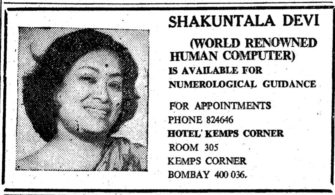 is not clear in the first half. You have Shakuntala the maths genius, Shakuntala the outspoken, Shakuntala the open hearted, Shakuntala the ambitious, Shakuntala the selfish, and even Shakuntala the astrologer, all Shakuntala’s get accommodated in the the first half, and Shakuntala’s mother gets lost in encompassing all Shakuntala’s
is not clear in the first half. You have Shakuntala the maths genius, Shakuntala the outspoken, Shakuntala the open hearted, Shakuntala the ambitious, Shakuntala the selfish, and even Shakuntala the astrologer, all Shakuntala’s get accommodated in the the first half, and Shakuntala’s mother gets lost in encompassing all Shakuntala’s
But kudos for one thing, in both halves movie is from the view of the daughter, though in each half the daughter changes. Very engaging, I liked it.
In conclusion, the movie betrayed my expectations (unreasonable expectations, I might add), perplexed me when I started watching it as a biographical film, and I went through he motions of watching it through the second half, only towards the end I understood what the film was about, and it still felt incomplete.
Coming to think of it, writing this article has given me a better understanding of what the film was about. Maybe it is one of those films which you might appreciate more in the second or third viewing
Ultimately the movie is about relationships, and our one dimensional view about them, however, real relationships have more layers and complexities than space time. Someone wise has said, “We hate our parents till we become 40, and then after 40, we realise we have become our parents”






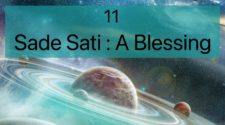
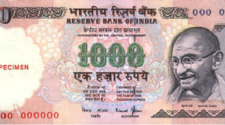


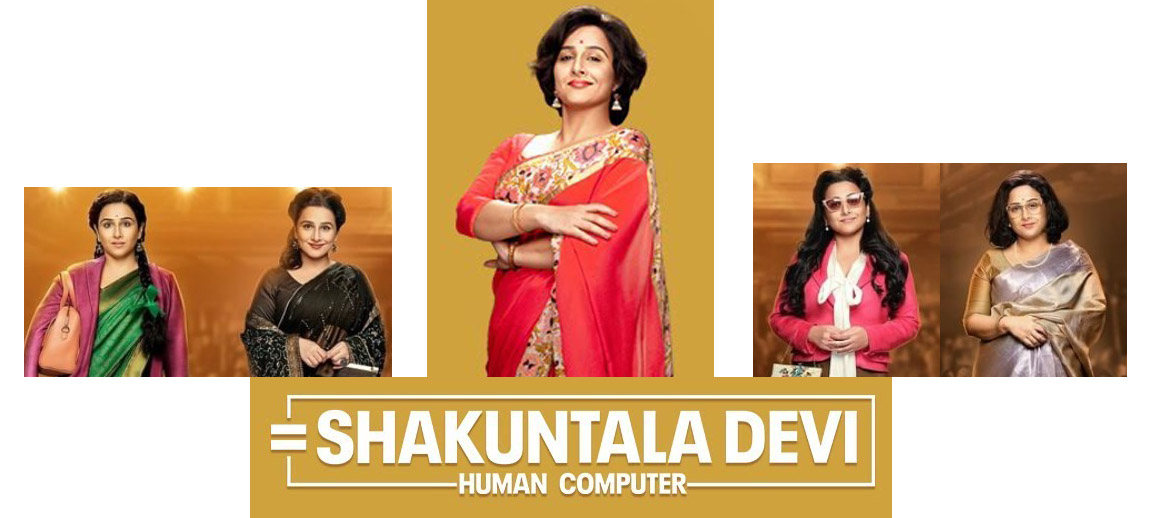


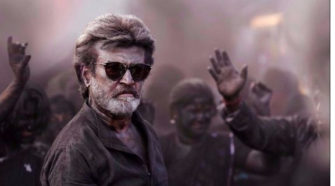
No Comment